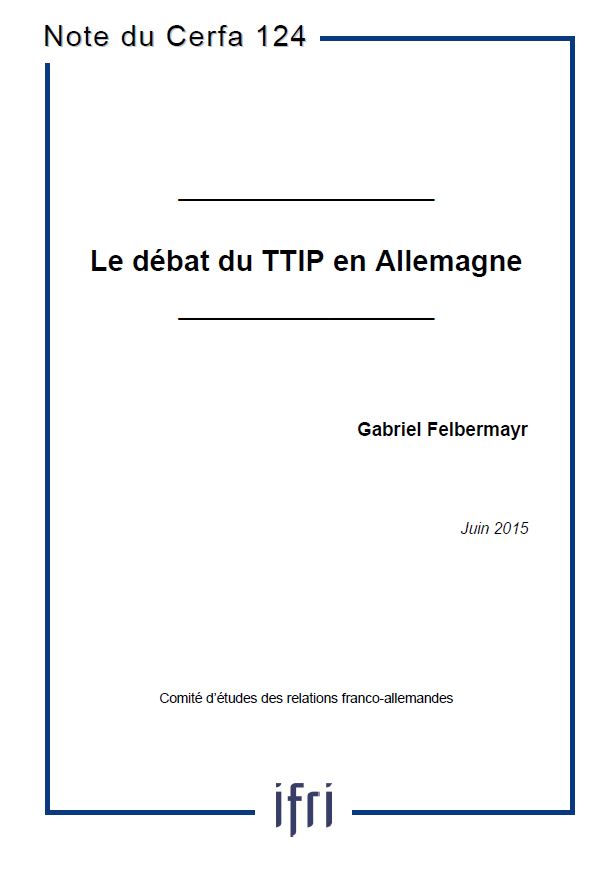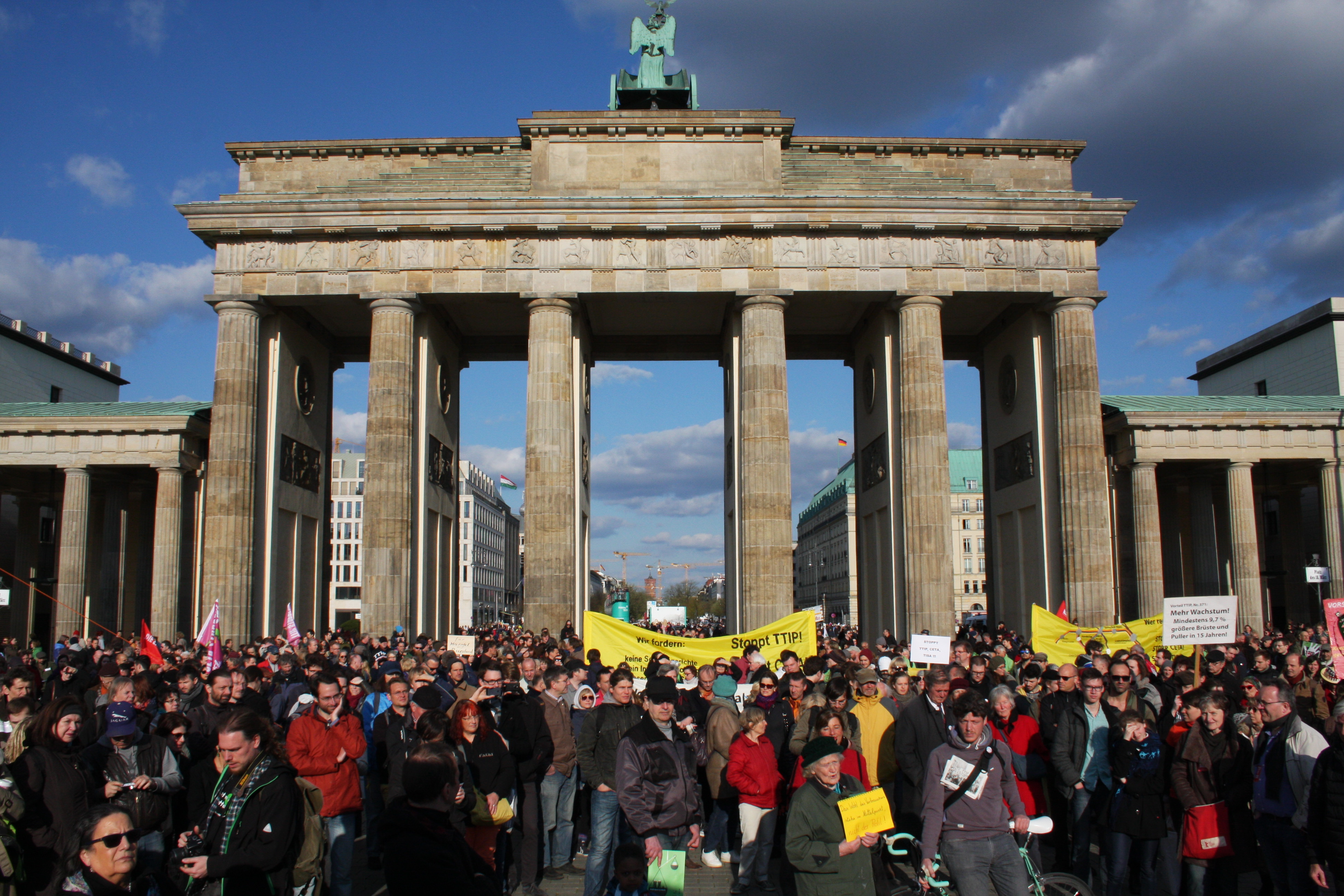The German Debate on TTIP

The German economy is characterized by a very high degree of international openness – much more so than in other European countries such as France. Its economic success hence largely depends on the intensity with which it trades with the rest of the world, and in particular the United States who play a crucial role. Against this backdrop, it would seem logical that Berlin would welcome signing a free-trade agreement between the U.S. and the European Union.

Such an agreement is yet far from being unanimously approved. Within the EU, it is in fact in Germany that TTIP is met with the greatest interest, but also with the greatest rejection. The agreement’s defenders tirelessly underline the positive effects it may have on per capita income in both the United States and Europe. The German critics, in turn, essentially focus on the issue of investment protection and the consequences it may have in Germany. They also claim that the quality of food would decline once an agreement is signed. Some also believe that TTIP would also lead to developing countries’ marginalization and to a degrading environment.
Even within the German political class, TTIP is highly contested. While the government coalition is largely pro-TTIP, despite initial skepticism among the social democrats, the opposition parties Die Grünen and Die Linke are strictly against it.
Prof. Gabriel Felbermayr, Ph.D. is currently the director of Ifo Zentrum für Außenwirtschaft and Professor of Economics, and in particular of international economics at the Ludwig-Maximilians-Universität Munich.Specialist in issues related to transatlantic trade and investment partnership ( TTIP ).
This paper is published in French: Le débat du TTIP en Allemagne
It is also published in German: Die TTIP Debatte in Deutschland




